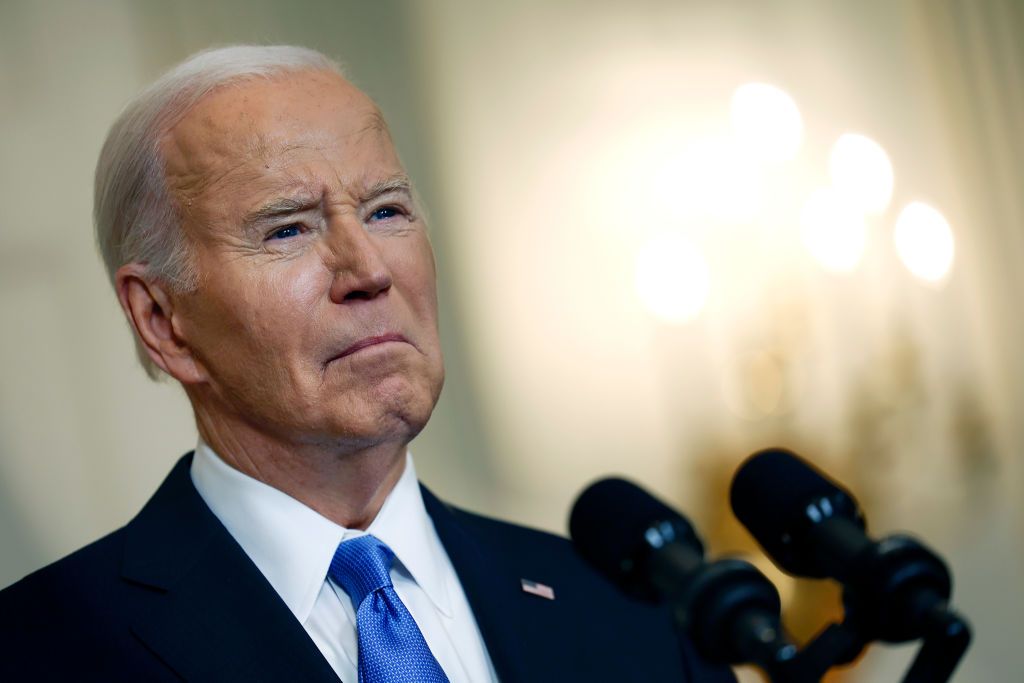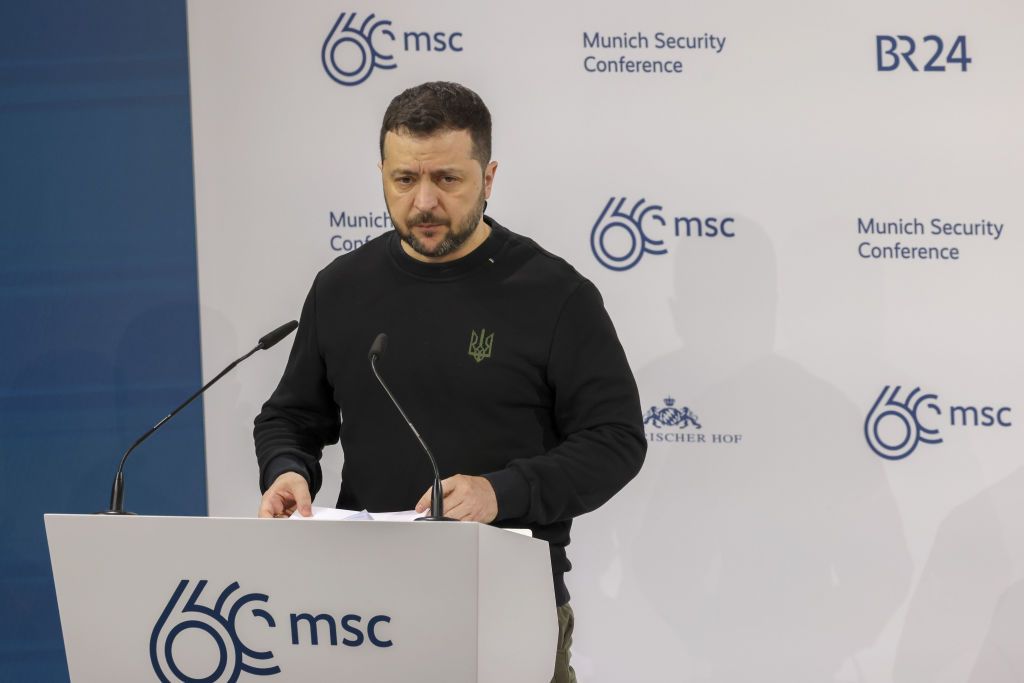Borrell: EU member states can procure ammunition for Ukraine outside the bloc.
The European Union's top diplomat, Josep Borrell, said at a Feb.
19 conference that he urged member states to procure ammunition for Ukraine outside the bloc if this source of supply is "better, cheaper, and quicker." Artillery shells are among the most crucial military supplies for Kyiv, as they are used daily in high numbers on the Ukrainian battlefields. The EU conceded that it would be able to deliver only half of the promised 1 million shells by the March deadline.
Following a meeting of EU foreign ministers in Brussels, Borrell said that the European defense industry claims to be capable of increasing the production of ammunition. The ministers discussed how to increase the EU's provision of shells to Ukraine through bilateral and European frameworks, according to Borrell. He previously said that the EU aims to deliver more than 1 million shells to Ukraine by the end of 2024.
"There is also financing to buy ammunition outside of Europe... It is not just limited to the supply that can be provided from the European defense industry," Borrell told reporters at the Feb.
19 press conference.
Biden: US Congress to blame for fall of Avdiivka "This morning, Ukraine's military was forced to withdraw from Avdiivka after Ukrainian soldiers had to ration ammunition due to dwindling supplies as a result of congressional inaction, resulting in Russia's first notable gains in months," the White House statement said.

Seeing the EU failing on its promise to Kyiv, Czechia has begun pushing a plan to jointly finance the purchase of 450,000 shells outside the bloc, Politico reported on Feb.
1. Prague reportedly suggested that Europe could turn to arms companies in South Korea, Turkey, or South Africa. Plans to buy ammunition from outside the bloc continue to face opposition from France, Greece, and Cyprus.
While Paris hopes to give a boost to its domestic defense industry, Greece and Cyprus do not wish to buy arms from Turkish producers, given their tense relations with Ankara. EU foreign ministers also discussed a potential transfer of revenues generated from frozen Russian assets to Ukraine's recovery efforts. "There is not yet a full agreement to fully implement this decision.
We already know where they (assets) are, we have been identifying and blocking them. But it is one thing to identify and block them and another to seize them and transfer them to the EU budget," Borrell said. He announced further discussions on this issue at the next ministerial meetings and at a meeting of G20 foreign ministers in Rio de Janeiro on Feb.
21-22.
Zelensky in Munich: 'If Ukraine left alone, Russia will destroy us'
"Keeping Ukraine in the artificial deficits of weapons, particularly in a deficit of artillery and long-range capabilities, allows (Russian President Vladimir) Putin to adapt to the current intensity of the war," President Volodymyr Zelensky said.
